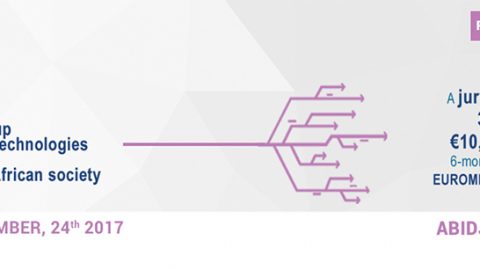COMMONWEALTH COMMISSION / VICE-CHANCELLOR OXFORD SCHOLARSHIPS FOR AFRICAN HUMAN RIGHTS ADVOCATES
Scholarship Guidance Notes for Applicants 2013-14 Admission
1. What do the scholarships offer?
The five scholarships provide fully funded opportunities for part-time postgraduate study in international
human rights law at the University of Oxford, starting September 2013. The course of study is taught
over 22 months and consists of two residential sessions in Oxford and two periods of distance learning.
The scholarships are funded by the Commonwealth Scholarship Commission and the Vice Chancellor
of the University of Oxford and are intended for human rights advocates from African Commonwealth
countries (see p.4 for list of eligible countries) who would be unable, without assistance, to take up their
place on this course. Subject to satisfactory progress, the scholarships lead to the award of a Master of
Studies (MSt) in International Human Rights Law.
Each scholarship provides course and college fees at the University of Oxford over two years, return air
travel from the scholar’s home country for each residential session and a stipend to cover living costs
during the residential sessions.
2. Who is eligible to apply?
We welcome applications from persons in all fields of human rights practice (e.g. from international,
governmental and non-governmental agencies, private practice, academics, the armed forces,
medicine, the media). Most human rights work is done within a national and local context and you need
not have international experience to be eligible.
In order to meet the eligibility criteria for the course itself, applicants must:
? already hold a degree to a ‘high standard’. This usually means in British terms a high 2.1 (67% or higher) and in North American terms a grade point average of 3.5 (you can compare your own degree with these scores at http://www.ecctis.co.uk/NARIC/Default.aspx). The degree is designed primarily for early and mid-career lawyers but non-lawyers with extensive humanrights related experience may also apply.
? demonstrate a commitment to human rights based on work experience, volunteer activities or concentration on human rights and international law at university
? have access to computing facilities sufficient to take an online course
? meet the minimum requirements for English proficiency as set out by the University for graduate study here
For more information, please click here







